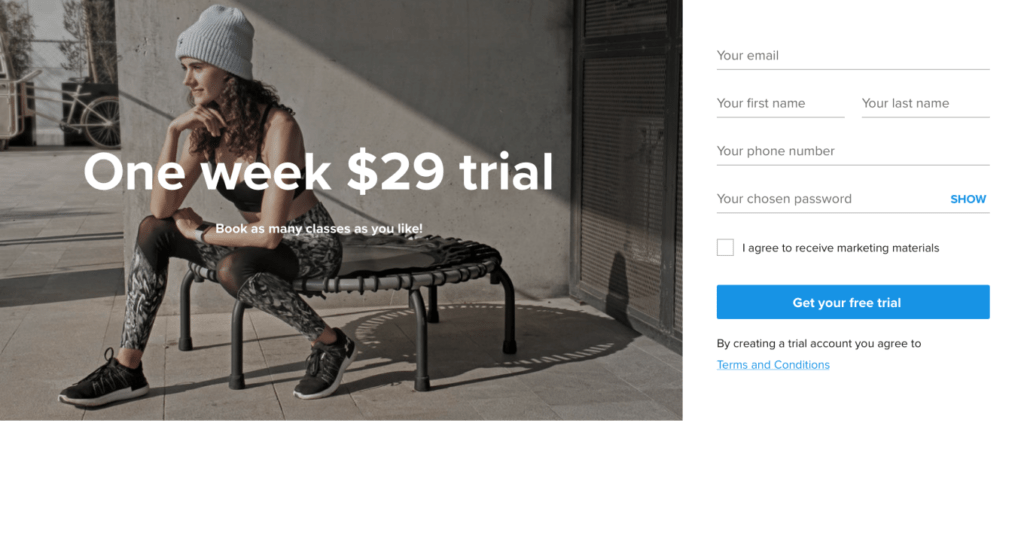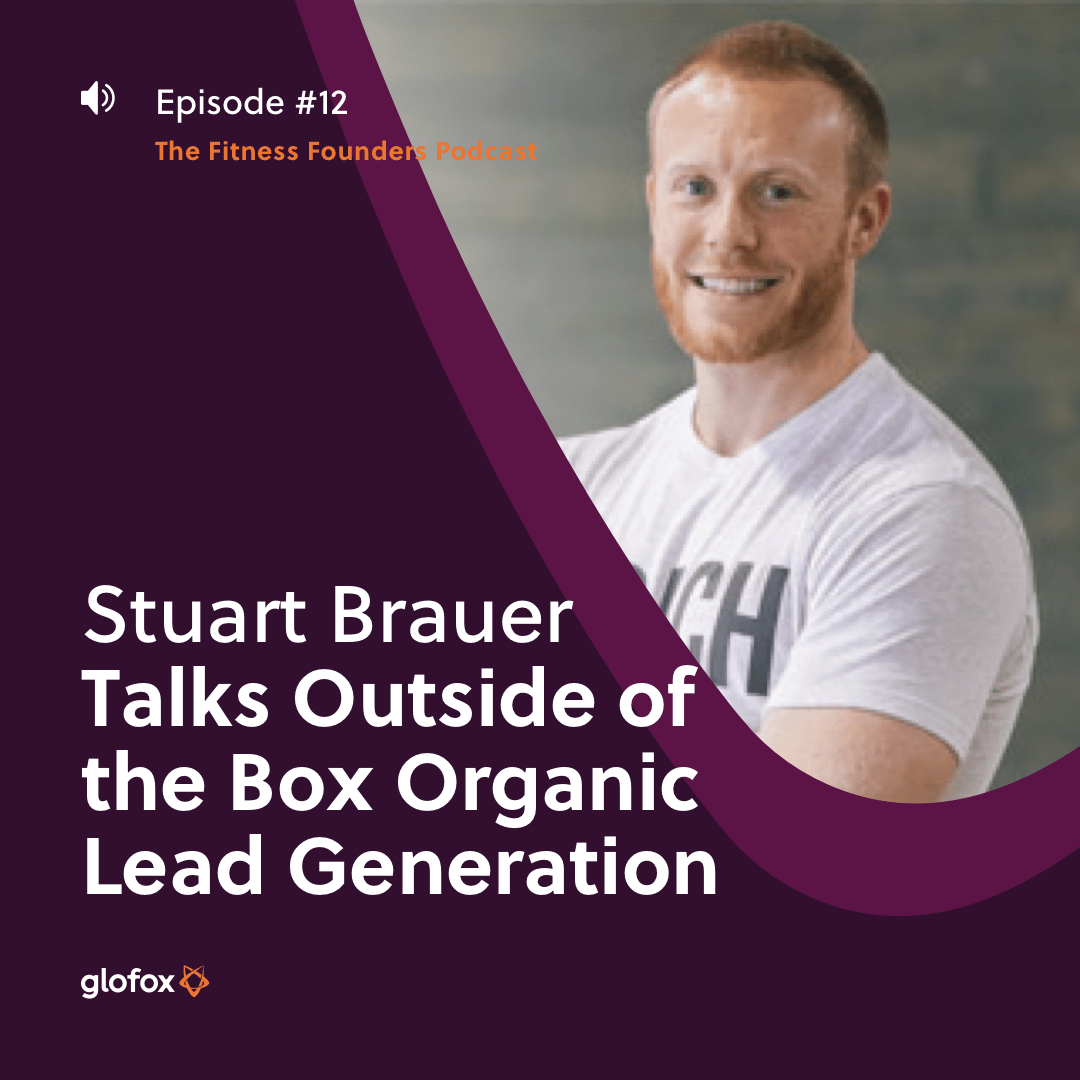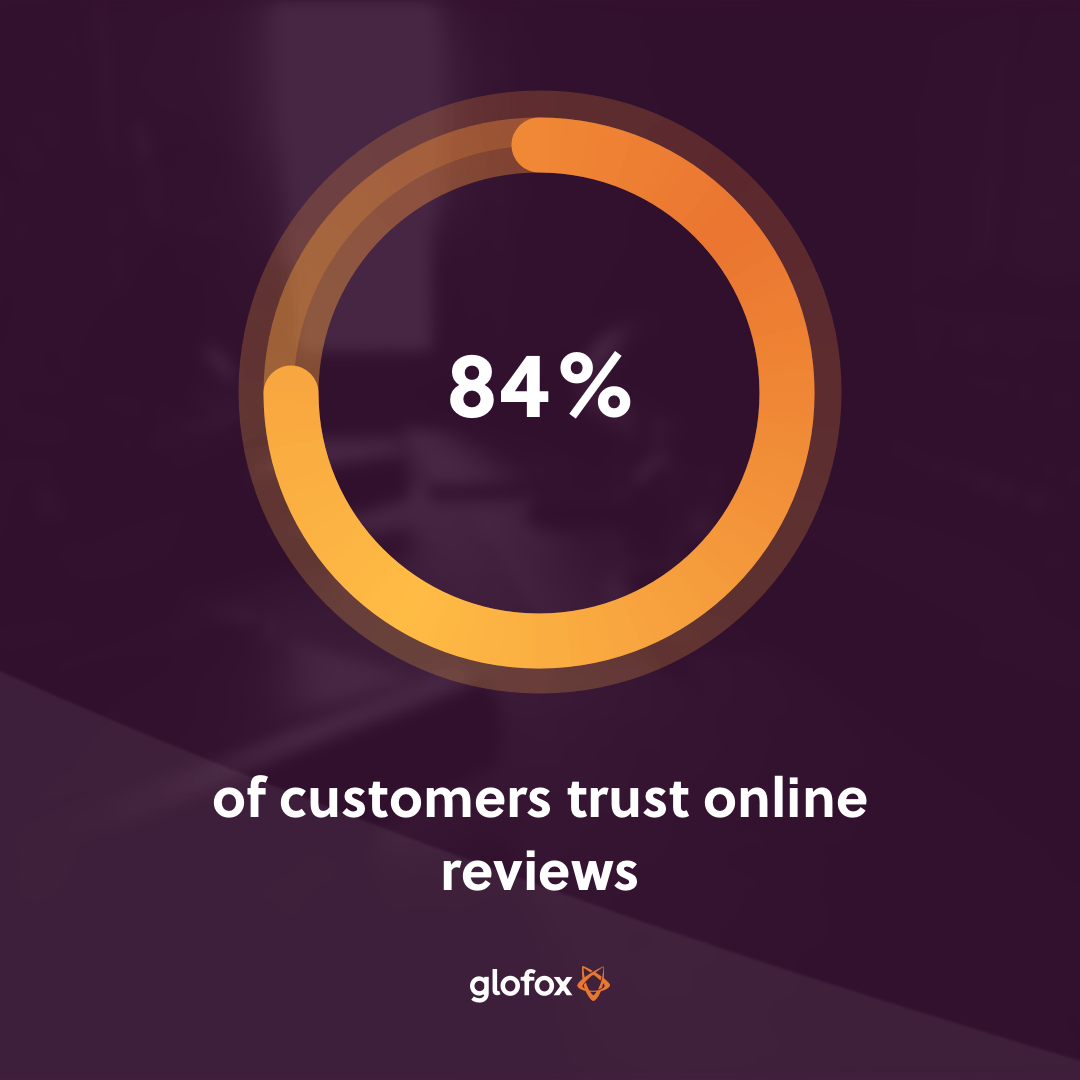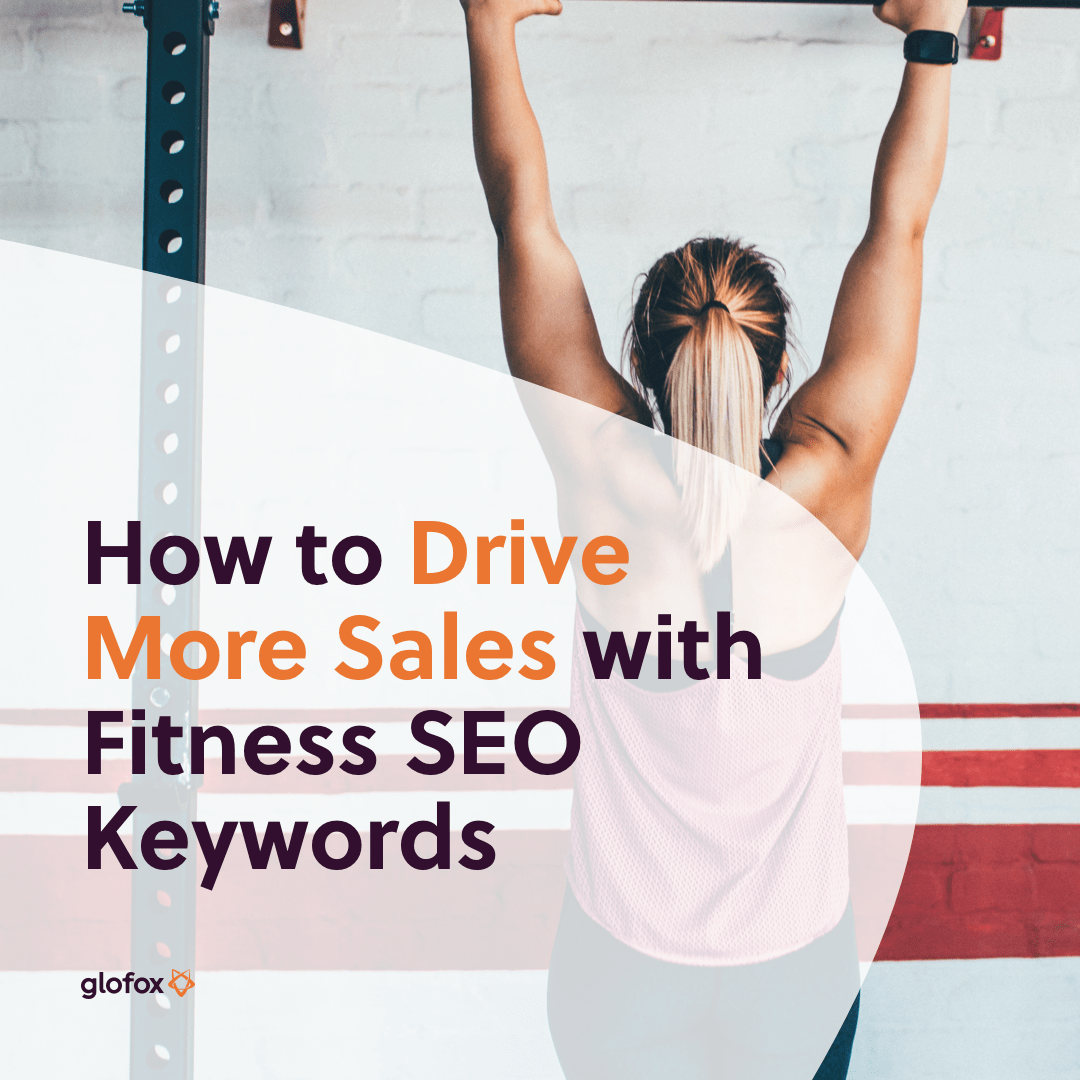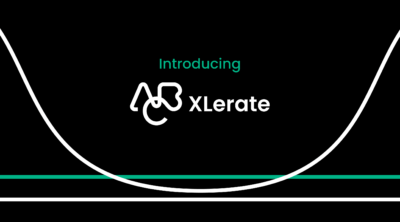Growing an SEO and organic presence is a high inbound marketing priority for 61% of marketers. With recent events, many businesses have been spread very thin. If you’re a business on a budget, you are much more likely to seek out organic marketing than paid. Organic marketing generates traffic for your business naturally over time. The right strategy allows you to attract new members at little to no cost.
If you haven’t given much thought to organic marketing, now is the time to find out how it could benefit your business. With phones accounting for over 50% of all organic search, the need for mobile-friendly content is on the rise. Organic marketing presents a cost-effective way to interact with members, build brand awareness, and drive web traffic, just to name a few. In this article, we breakdown exactly what organic digital marketing is, why you should be using it, and a few tips to get you started. Skip ahead to:
- What is Organic Digital Marketing?
- The Difference Between Paid and Organic Digital Marketing
- Why Should You Use Organic Marketing Right Now
- 4 Tips for a Successful Organic Marketing Strategy
What is Organic Digital Marketing?
Organic marketing uses natural, authentic, and value-based tactics to generate traffic and awareness. Your organic digital strategy includes methods that generate business over time instead of using sponsored posts or paid advertising. Anything you don’t directly spend money on falls under the umbrella of organic marketing such as:
- Organic and unpaid social media posts
- Blog posts
- Guest posts
- User-generated content
- Email blasts
- Search engine optimization (SEO)
One thing to note is that the term “organic” doesn’t mean you haven’t spent any money at all. You’re still investing money in your marketing strategy and management software. Organic just means that you’re not boosting or paying for a specific piece of content.
The Secrets to Selling Your Ecommerce Brand have a six-part series on marketing strategy. Part six of the series talks about organic social media and how you should be spending your time in 2020. It’s all about creating strategies and knowing the right social media platforms to use for your business.
The Difference Between Paid and Organic Digital Marketing
A lot of businesses tend to lump marketing into one big marketing category, but it can be broken down into paid and organic marketing. While both paid and organic marketing can work well together, it’s essential to understand the differences. This way, you can use both to their fullest potential.
It’s best to use organic marketing to develop your brand voice, raise brand awareness, and authentically interact with your audience. With organic marketing, potential members will find your business through your weekly blog or YouTube video, search engines, and social media. Ultimately, you’re building an authentic brand that your audience wants to visit regularly. The focus is on building high-authority and high-value members. It’s not just about driving gym membership sales, you’re working to really engage your audience.
An excellent example of a brand that uses organic marketing well is Lush Cosmetics. The brand is well-known for its user-generated content on social media. Currently, Lush Cosmetics is encouraging its audience to use #LushShowAndTell to share how they are staying creative during the lockdown. This encourages users to share content and gives Lush organic user-generated content that costs nothing to produce.
On the other hand, paid marketing is all about targeting, reaching, and engaging with your target audience quickly and effectively. There is no waiting around to see if someone might stumble on your latest blog post or read your latest tweet. Paid marketing involves “pushing” content, mainly in the form of paid and sponsored ads. Paid marketing focuses on driving specific actions, like making a purchase or signing up for a virtual training session. Not all businesses have the budget bandwidth to cover a ton of paid marketing. However, every business should embrace organic marketing as it can help build an authentic connection with your customers.
In this episode of The Fitness Founders Podcast, We talk to Stuart about some outside of the box organic lead generation. Stuart Brauer is a fitness business consultant, owner of Urban MVMNT in Charlotte North Carolina, and founder of WTF Gym Talk: an all-around resource for those looking to grow a successful fitness business.
Stuart believes that great organic marketing is essential to success in the same way paid ads are. Stuart tells us why you need pure, Shakespearean storytelling when it comes to building your brand and why you shouldn’t be intimidated to start influencer marketing.
Why Should You Use Organic Marketing Right Now
By implementing an organic marketing strategy, you’re working to build a loyal following naturally over time. Show your members your personality, true values, and create authentic connections. It takes time and work to develop and maintain your organic marketing strategy, but it can lead to longer-lasting customer engagement.
Brand Authority and Trust
You can’t buy trust with your members, no matter how much money you invest. Trust is something you earn over time. Consumers know when they are looking at a paid ad, and this can affect trust. The top ad in Google gets about 2% of clicks, while the top organic spot can get almost 20 times that.
Organically ranking on Google is by no means an easy task, while it only takes minutes to pay for an ad to get placed on Google. However, in terms of better value, organic marketing, such as organic SEO, is more affordable and provides long-term benefits.
Communicate Goals and Values
Organic marketing allows you to show off your personality and communicate your goals and real values. Your personality is what connects people to your services or product. They may have signed up for a gym membership to get into shape, but they stick around because they believe in your goals, values, and what you’re offering.
Instead of pushing product and event promotions, provide value that can increase word of mouth marketing. Having shared values with your members helps them to understand your business purpose and why you started in the first place. Organic social media posts can help communicate what your business stands for, inspiring confidence and trust in your brand.
The Top 10 Barriers
Slowing Your Fitness
Business Growth
Discover more Powerful Customer Engagement Tool
Your organic marketing strategy can form part of a powerful customer engagement tool. When you’re actively engaging with users and pushing out relevant content, you’re interacting and building relationships with your audience. Gym member engagement is crucial to retention, but now everything has gone online, you need to continue to engage with members. Organic marketing can be a useful tool that encourages regular engagement, all of which benefits your business overall.
Build a Real and Authentic Audience
When you build your audience organically, you’re developing a real connection with users. With your organic social media marketing strategy, the goal should always be to provide valuable, relevant, and useful information to your readers. This way, you can gain trust as an authority and industry expert. When your audience views you as authentic, it means the connection you form with them is real.
If your audience is authentic and real, they are much more likely to engage with your content. Authenticity, trust, and brand authority tend to tie in together, but all three are crucial to your brand. Think about this statistic – 84% of customers trust online reviews as much as they do recommendations from friends and families. So, why do people trust online reviews so much? Well, it’s much simpler than you might think; they’re authentic. The power of authenticity cannot be stressed enough for both yourself and your audience.
Optimize Content for Search Engines and Social Media
Let’s face it; certain content just performs better on certain social media networks. Facebook users love video, Instagram users eat up a powerful quote and beautiful image, while it’s best to share thought leadership content on Twitter. You can use your organic strategy to optimize content for both search engines and social media. By aligning content to each platform type, you can make the most of the content you’re sharing. For example, if you know Facebook is the place for video, hosting a quick Facebook Live home workout would be a good match.
Cost-Effective
While pay-per-click (PPC) is an effective method that can put your business and services in front of everyone else, it can get expensive fast. However, organic marketing is a cost-effective way to boost engagement and increase awareness.
You’re investing your time rather than getting your marketing materials seen by paying to push them out. You’re creating great pieces of content that will attract views and users naturally. At a time of uncertainty, it’s essential to remain connected with your members and continue building your brand. But issues with cash flow and budget may mean you’re having to tighten the purse strings when it comes to your marketing budget. Organic marketing is a great way to continue growing while keeping the costs down.
Drives Web Traffic
If you provide your audience with useful information that they care about, they will engage with you. Things like optimizing blog content and web pages for SEO can boost traffic massively when done right. Implementing an organic marketing strategy won’t magically increase your web traffic overnight. It takes time to deliver that kind of performance organically. However, an effective organic marketing strategy can create permanent and long-term web traffic. Your plan encompasses multiple elements that link back to your website to drive traffic, such as: SEO-optimized web pages, blog posts, unpaid guest posts on fitness industry blogs and social media updates
4 Tips for a Successful Organic Marketing Strategy
While requiring more time, organic marketing can help boost audience engagement, develop authentic connections, and really benefit your business. An incredibly cost-effective option, here are four tips to get you started for a successful organic marketing strategy.
Post Evergreen Content
Whether it’s your company blog or social media, it’s essential to post evergreen content. Evergreen posts are defined as pieces of content that remain relevant. They don’t have an expiry date. The content remains fresh and relevant for the reader, no matter the time. The information should remain valuable in days, weeks, and months from when it is posted initially. Consider developing high-quality content that is fun and engaging.
We delve further into the topic of content marketing as a tool to grow your business organically in this blog post. In the article, we break down why you should invest in content marketing, the best content marketing platforms, and how best to approach your fitness content marketing strategy.
Create Engaging Visual Content
Visual content continues to dominate and is a powerful tool for brands to communicate more efficiently. In the last two years, mobile video usage has increased by nearly 10 million minutes daily. Video streaming has also increased significantly. Use visual content in your blogs and social media updates to engage your audience. Here are some ideas for types of visual content you can use:
- Facebook and Instagram Live
- Images
- Videos
- Memes
- Infographics
- Screenshots
- GIFs
- Quotes
Join Groups and Online Communities
Join relevant groups and online communities that fit your business. This is about posting organically about your brand where appropriate but not a hard sell. Provide valuable information for users that encourages them to engage with your brand and drives traffic to your website.
Maximize Organic Content with Targeting
Within social media channels, there are plenty of ways you can use targeting when posting organically to maximize your organic potential. Through adjusting your targeting on organic posts, it can help to boost your reach naturally. You can change targeting for things like gender, age, location, interests, and language.
This video from Social Media Examiner explores the topic further. Expert Mari Smith shares advice on how to skyrocket your organic reach on Facebook.
In Summary
The purpose of organic marketing is to build a loyal and authentic audience. By posting relevant content and regularly engaging with your members, you can show off your personality and communicate your true goals and values. An organic digital marketing strategy is more critical than ever. Through content optimization and organic tactics, you can fully leverage your marketing efforts and convert organic traffic into paying members.


